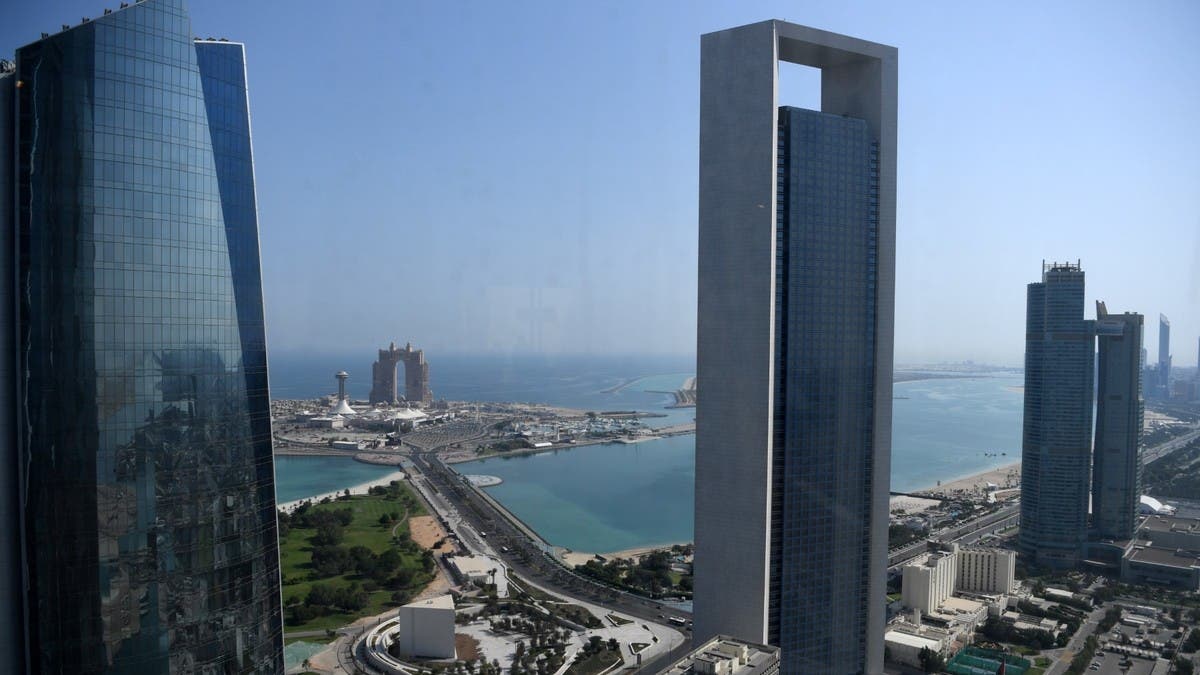The Abu Dhabi National Oil Company has been named the UAE’s most valuable brand of 2021, according to the brand valuation consultancy firm, Brand Finance.
Its report called ADNOC the “most resilient of all National Oil Companies (NOC) globally,” as fluctuating oil prices raised concerns on the longevity of oil in the current market.
For the latest headlines, follow our Google News channel online or via the app.
This evaluation follows a January 24 Reuters poll that predicted “Gulf Cooperation Council will grow at their fastest pace in several years.”
Crude oil prices, a major driver for Gulf economies, climbed to their highest since 2014 on January 19, according to the same Reuters report.
Saudi Arabia was predicted to top the list with growth of 5.7 percent, followed by Kuwait and the UAE with 5.3 percent and 4.8 percent respectively.
As for ADNOC, since Dr. Sultan Ahmed al-Jaber took over as CEO in 2016, the oil company has raised $64 billion as it embraces and thrives within the Energy Strategy 2050, which aims to increase the contribution of clean energy in the total energy mix from 25 percent to 50 percent by 2050 and reduce carbon footprint of power generation by 70 percent.
The Brand Finance report boldly claims that due to ADNOC’s “competitive advantage in cost and carbon efficiency per barrel of oil produced, it is a likely contender to be ‘the last barrel standing’ in the ongoing transition to a low carbon economy.”
To reflect that prediction, ADNOC has announced a range of diversified investments in hydrogen and ammonia production, in an attempt to keep up with the energy transition.
In a statement on ADNOC’s website, it claims to be a producer of over 300 kilotons per year of hydrogen, which is reportedly being used for industrial purposes.
It has “plans to increase Hydrogen production to 500 kilotons per annum and is exploring several new growth opportunities,” the statement said.
In May 2021, ADNOC declared that it would advance a million tons per annum blue-ammonia production facility in Abu Dhabi, later announcing a partnership with Fertiglobe.
The company, which produces primarily oil, has already sold blue-ammonia to three Japanese clients, as ADNOC revealed themselves immediately after the August 2021 deals closed.
ADNOC also entered an agreement with a local utility firm to supply up to 100 percent of its power grid with nuclear and solar energy sources in yet another drive to achieve net zero emissions by 2050.
This paradigm shift has included a “new approach to smart partnerships, creating investment opportunities to attract foreign capital, launching a successful program to enhance in-country value, implementing three successful IPO subscriptions to ADNOC Distribution, ADNOC Drilling, and Fertiglobe, among other initiatives,” according to the official state media WAM.
In early January, OPEC reported that global demand for oil is expected to remain “robust” in 2022 and overcome short-term disruption caused by the omicron coronavirus variant.
Total global consumption is expected to reach 100.8 million barrels per day this year, according to the same report.
UAE Energy Minister Suhail al-Mazrouei, also confirmed during Abu Dhabi Sustainability Week that the country is continuing its efforts to increase oil supply to 400,000 barrels per day, as reported by Reuters.
In the same statement, al-Mazrouei also called on all producing countries and international oil companies to invest in hydrocarbons to “ensure a smooth energy transition.”
Read more:
Qatar can’t help Europe much if Russian gas is interrupted
Saudi Arabia and Iraq sign MoU on linking power grids
Aramco’s Rumayyan: IKTVA drew 500 investments to Saudi Arabia with CapEx of $7 bln


 World3 years ago
World3 years ago
 World3 years ago
World3 years ago
 Business1 year ago
Business1 year ago
 Entertainment7 years ago
Entertainment7 years ago
 World7 years ago
World7 years ago
 Entertainment7 years ago
Entertainment7 years ago




